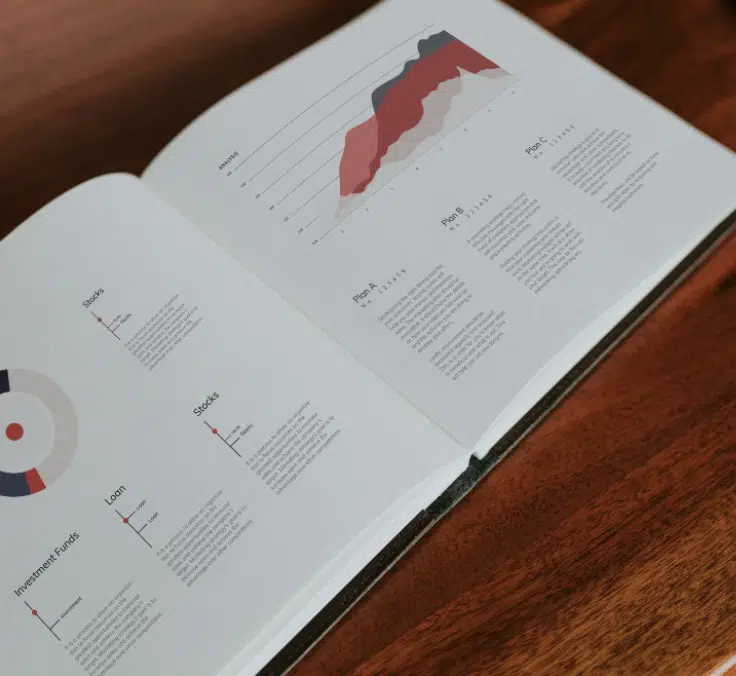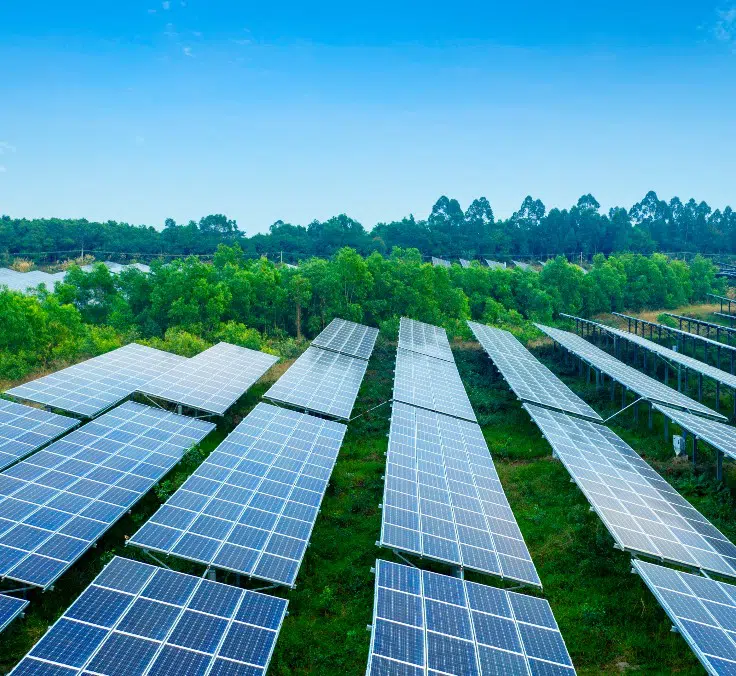SUSTAINABILITY| 18.04.2022
Why is financial education important for everyone?
There is a growing consensus on the need to improve the consumers’ financial literacy, wherever they come from and whatever their background. Such financial culture is necessary to be able to pursue our life project in a reasonable way, with awareness of our personal finances and knowing how to manage the resources at our disposal.
Today we are required to participate in the financial markets and to have the means to pay, save, invest, insure ourselves and so on. It is therefore necessary for all citizens to possess the skills they need to improve their relationship with their personal finances and with financial intermediaries.
This is where financial education comes in. But what does it involve?
The Spanish National Securities and Exchange Commission (CNMV) defines it as follows:
“Financial education enables individuals to improve their understanding of financial concepts and products, prevent fraud, make decisions appropriate to their circumstances and needs, and avoid undesirable situations arising either from excessive indebtedness or unsuited risk positions.”
The role of financial education in times of COVID-19
The last two years have been marked by the events derived from the COVID-19 pandemic. Such events are shaping a more complex and unstable reality. This new scenario is resulting in greater uncertainty in the economic environment, in the financial markets and, obviously, in our own lives. Nor should we forget that the crisis resulting from the pandemic has tested the resilience of agents and families in the face of adversity . Adapting to this new context will require to a large extent the consolidation of skills to be able to make decisions and manage our personal finances in the long term.
Due to the coronavirus crisis, the use of digital channels has greatly increased, something that we had already seen a few years ago with the acceleration of digitalization in the financial sector. However, combined with social distancing and lockdown, it has marked a turning point that has sped up this digital transformation even further.
This transformation is giving rise to new innovative business models. Although this variety of services provides the consumer well-being by adapting to new needs, the risks cannot be ignored. As we mentioned earlier, the pandemic has also increased the use of digital channels by citizens who have not always been digitally and financially empowered. In addition, there are also segments of the population that are less familiar with technological advances and are therefore at risk of financial exclusion. Adding to this problem, in the wake of the pandemic we have also seen the reduction of physical branches, especially in rural areas.
To mitigate these risks, we must provide the population with the necessary knowledge to interact adequately with the new digital environments and enable them to understand the financial products being offered to them and thus be able to properly manage their personal finances.
Transition to sustainable economies
In recent years, the need to accelerate the transition to a circular, low-carbon economy has become evident. Here, the finance sector will play a key role in promoting sustainable finance. New concepts such as environmental, social and governance (ESG) criteria or socially responsible investment (SRI) have been emerging. They will be the protagonists of this new era and will be the main focus for most companies.
Given this context, financial education initiatives should also include tools to enable citizens to understand these new concepts and make financial decisions. Therefore, in the face of these present and future challenges, financial education has become a key skill as a fundamental element of development. It is also an instrument of consumer protection due to the close relationship it has with our financial health , which, at the end of the day, has an impact on our personal well-being.
Education in the 2030 Agenda
Finally, it should be noted that financial education is also a key element in achieving the Sustainable Development Goals (SDGs) included in the 2030 Agenda, by promoting informed financial decision-making and influencing the acquisition of good saving and spending habits and responsible consumption, and consequently, enabling citizens to manage their personal finances well.
The fourth goal in the list of SDGs is to “ensure inclusive and equitable quality education and promote lifelong learning opportunities for all.” This objective is based on the premise that quality education is key to preventing poverty, reducing social inequalities and providing people with better opportunities.
At MAPFRE we want to promote financial education as an instrument that can contribute significantly to the development of the 2030 Agenda. It is an essential tool for making responsible financial decisions and, at the same time, a crucial instrument for promoting knowledge in these matters.
RELATED ARTICLES:





